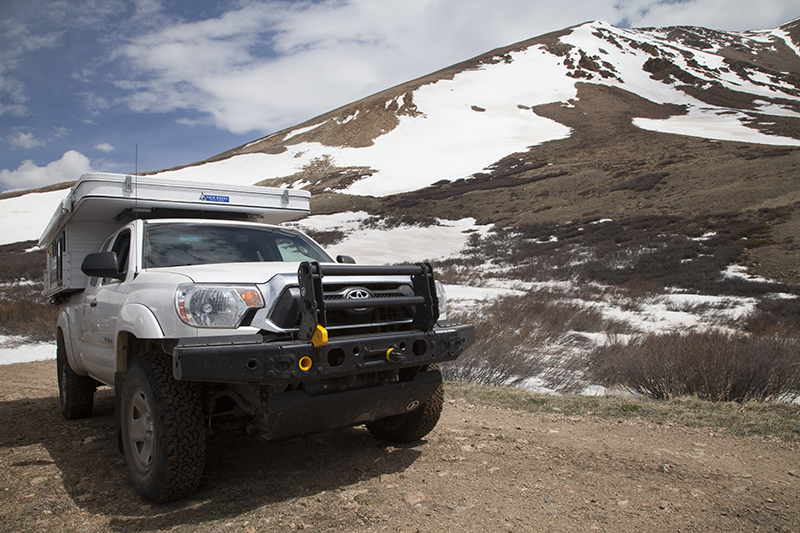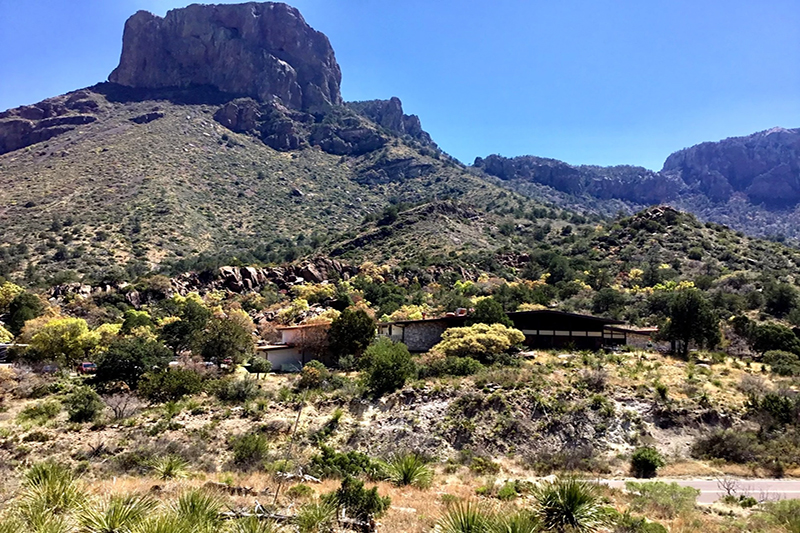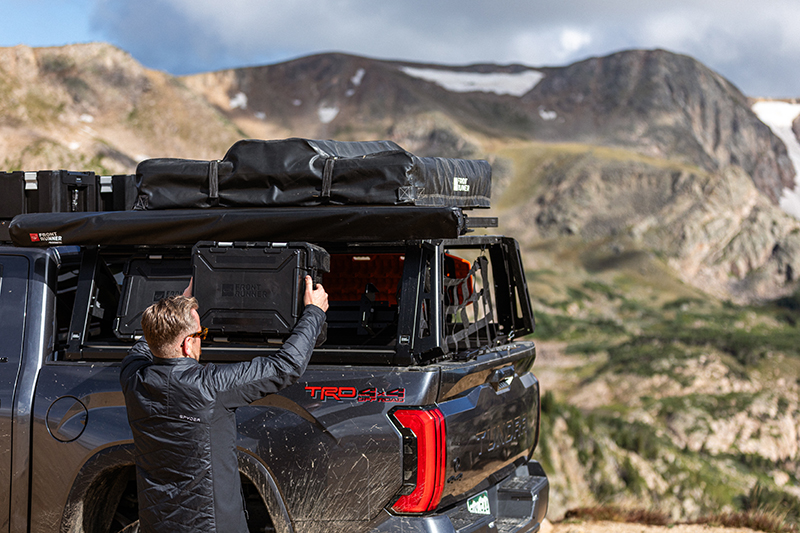Traveling Abroad versus traveling in the U.S.
Some of my European overlanding friends chide me now and then—well, not me specifically, but Americans in general—because, they say, we never travel, at least not internationally. While they think nothing of touring the Continent for a month, or blasting off to Morocco for a week or two, we in the U.S. seem loath to venture beyond our safe, Walmart and McDonald’s-hedged borders. To them this makes us as a people seem timid, xenophobic, and just plain unimaginative.
Looked at superficially, you’d have to admit they have a point. Fully 64% of U.S. citizens have, indeed, never traveled internationally. But let’s examine some of the reasons behind that sad figure.
(adsbygoogle = window.adsbygoogle || []).push({
google_ad_client: “ca-pub-6787262642561553”,
enable_page_level_ads: true
});
First there’s simple geography. The U.S. is a big country, bordered by only two others. In Europe things are different. Friends who live south of London can take the Channel Tunnel, drive 700 miles to Marseille, board a ferry with a sleeping compartment, and be in Africa the next day, at minimal expense. If they head east instead of south they can be in Russia in three easy days. It takes longer than that to drive across Texas. At least it seems like it.

The compactness of the Old World manifests itself in other ways. A couple we know in Hastings, located on the south coast of England, monitors last-minute airline specials with fanatical diligence. Not long ago they snagged round-trip tickets to Istanbul, Turkey, for a weekend—for £95 apiece (about $140). Hotel included. A brief scan of air fare specials in the U.S. revealed that for the same amount I could escape Tucson and spend a weekend in . . . yes . . . Texas. Hotel not included.
Second is vacation time. Here it’s two weeks for most salaried workers. Across the pond it’s a month, sometimes more. Workers in France get 31 paid days off per year. Since weekends don’t count, that’s a month and a half off. (But hey, this is France, remember, where unemployed people go on strike.) In any case, it’s difficult for an average American to arrange, say, a dream African safari if a third of your vacation disappears just getting there and back. Not to mention half your vacation budget—this continent is expensive to leave.
An often-overlooked, but significant hindrance to longer-term travel for Americans is health insurance. My motorcycling vagabond friends in England can save up, leave for two months—or six—on a journey the length of Africa or around the world, and come back to automatic full medical coverage. Try that here.
Those are the bad reasons we don’t get overseas a lot. What about the good ones? Well, this is the United States, blessed with some of the most spectacular scenery on earth, from the Grand Canyon to Alaska’s arctic tundra, from the Maine coast to Yellowstone. We don’t need to leave to enjoy world-class sights. I was lucky enough to experience Victoria Falls, on the Zambia/Zimbabwe border, for the first time by canoeing to an island in the middle of the falls and walking out to the edge, just as David Livingstone did 150 years before. I can tell you that driving out of the tunnel in Yosemite and seeing El Capitan and Bridalveil Falls shining through a winter storm was every bit as breathtaking.
What about the perception that the U.S. is too tamed for real adventure? Nonsense. If it’s adventure you’re after, you can sea kayak the Pribilof Islands, climb Half Dome, backpack the Appalachian Trail, or bicycle the Continental Divide. And here’s another thing our European friends overlook: On millions of acres of BLM land in the western U.S. you can pretty much camp wherever you like. Even in Africa it’s difficult to find places where that’s still allowed. In most countries there is no such thing as public land open to unfettered exploration by the country’s citizens.

So, despite the fact that my career as a freelance writer has afforded me many opportunities for international travel, I steadfastly defend my countrymen who either lack the means to travel abroad, or simply feel they haven’t come close to exhausting the opportunities right here at home.
Still, I do sometimes wonder if my European friends’ prejudices are perhaps not altogether off track. In a recent survey in which Americans were asked to name their top 10 dream travel destinations worldwide, the Grand Canyon, at number seven, finished behind both Disney World and Las Vegas. Sigh . . .
* OutdoorX4 Magazine – Promoting responsible 4×4 adventure travel and outdoor recreation









